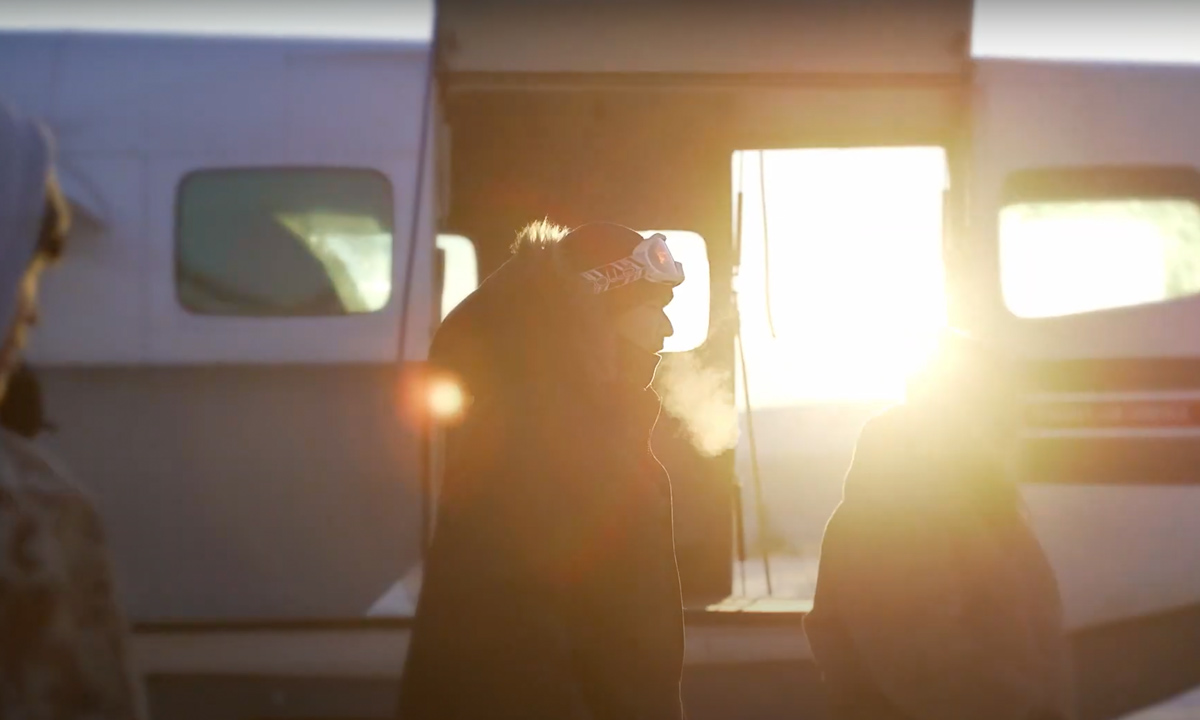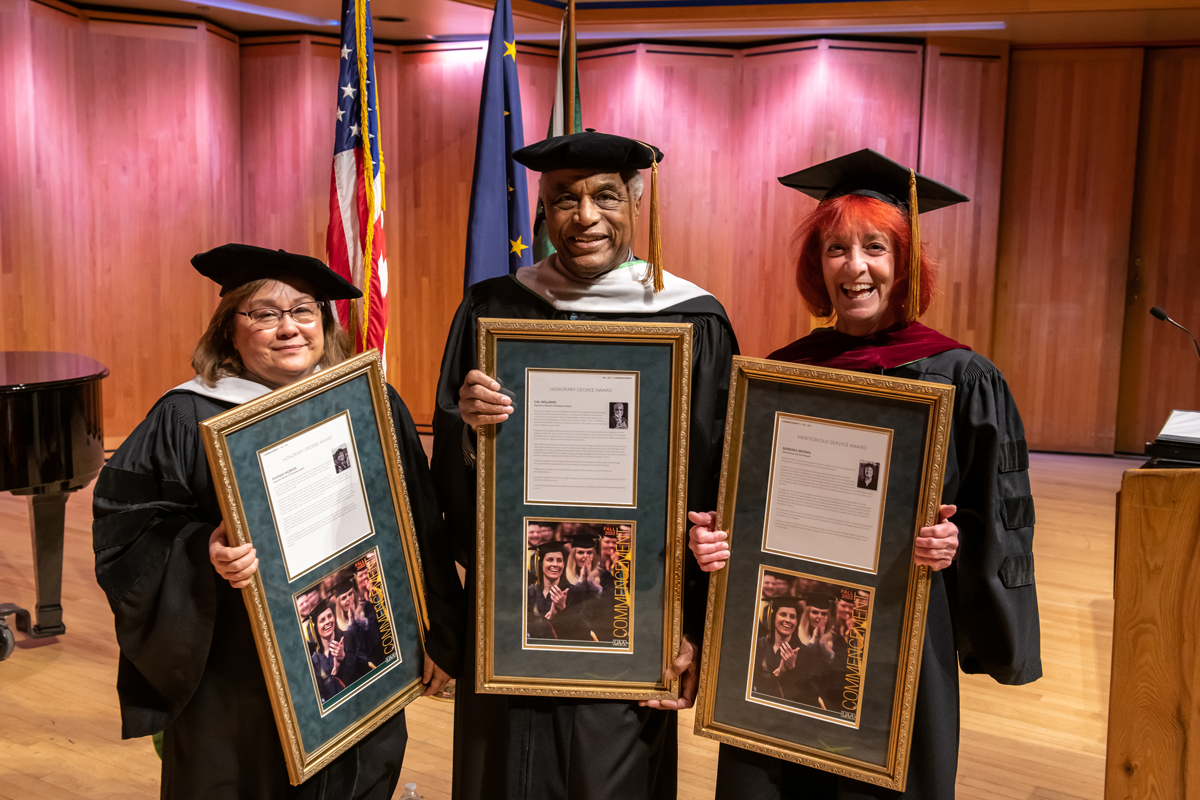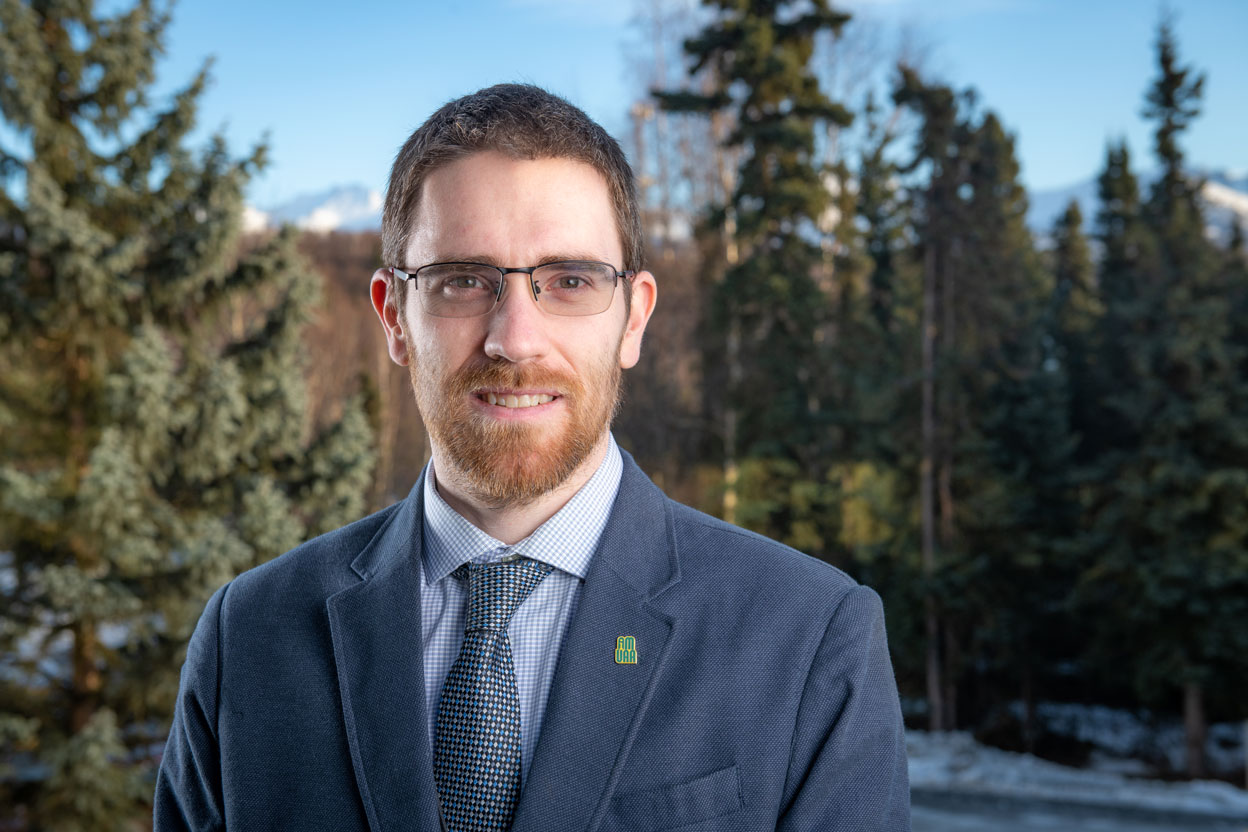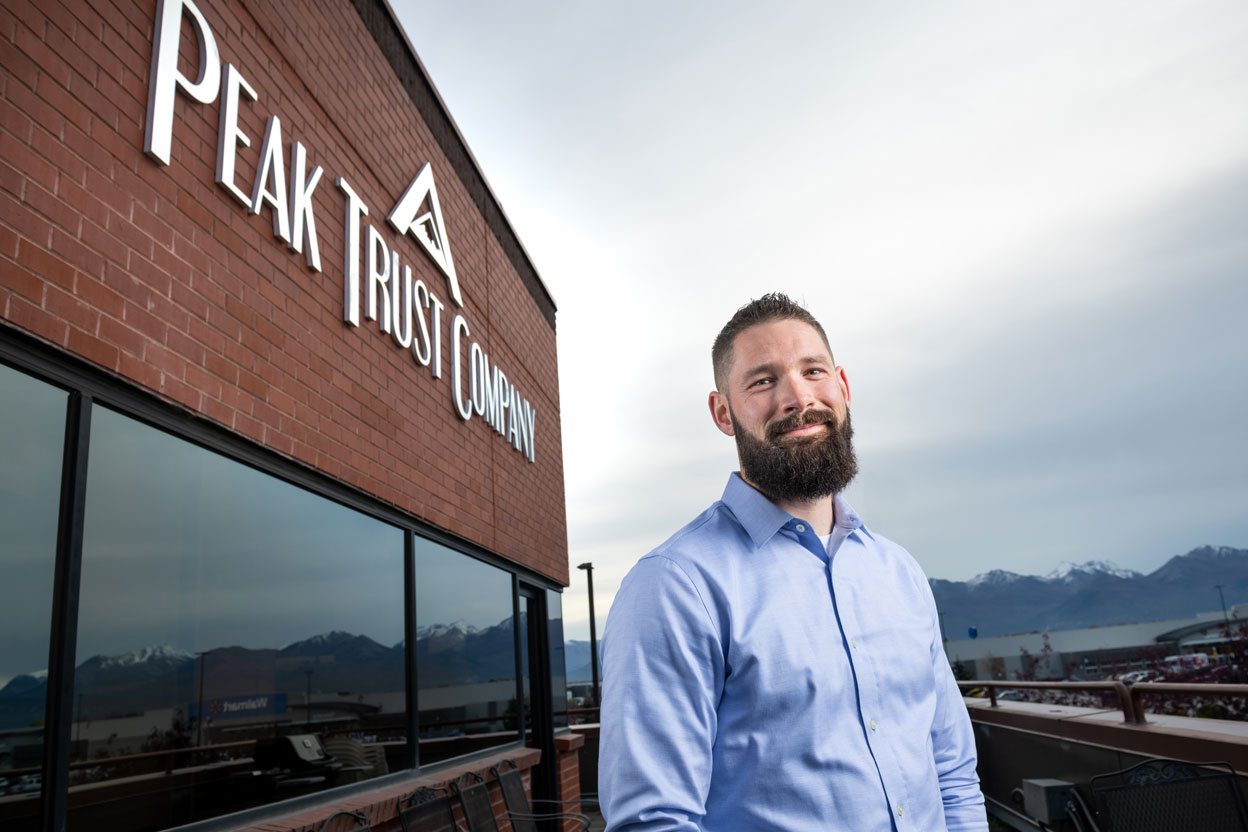Pharmacy and nursing students to administer health screenings in rural Alaska
by Matt Jardin |

This March, students from UAA’s pharmacy and nurse practitioner programs will travel to Pilot Station and Akiak to administer free health screenings to Head Start students and the wider community. This trip is the first of two planned to rural Alaska communities each year, one in spring and another in fall, referred to as Project Partnership for Alaska’s Kids (PAK).
Project PAK began in 2012 as a midnight epiphany for Janet Schultz, a pediatric nurse practitioner supporting the American Indian and Alaska Native branch at the Office of Head Start in Washington, D.C. In order to maintain funding, Head Start programs must comply with certain standards, including one that requires every child enrolled to undergo a comprehensive health screening within 90 days of entry into the program.
Health screenings can be particularly difficult to find in rural Alaska, where communities are remote and health care resources limited. At the time, the 42 villages comprising the Tanana Chiefs Conference reported only 24 of the 108 children enrolled in Head Start programs met the health screening requirement.
At risk of losing the Head Start programs that provide education to children and jobs for adults, Schultz called the UAA School of Nursing with a proposition: students need clinical experience and rural Alaska communities need health screenings — why not team up to secure both?
“That’s when the marriage started,” said Schultz. “Every person at UAA since has been amazing. The students never hesitate in terms of what they have to do or where they have to sleep. Not every person wants to sleep on the floor of a classroom in Nome.”
In the following decade, Project PAK has grown to consist of pharmacy students, organized by associate professor Renee Robinson, and nurse practitioner students, organized by assistant professor Leah Coffman.
Each trip typically consists of a six-person team of students and faculty participants, seeing anywhere from 10 to 20 Head Start students per day in each community. Over the years, Project PAK has sent teams to locations across the state including Nunapitchuk, Tok, Sterling, Palmer, Meadow Lakes and the Arctic Circle.
For students, the most enticing aspect of Project PAK may be that participation applies to their required clinical outreach hours and provides valuable hands-on training. The comprehensive health screenings they provide are exactly that — comprehensive, consisting of vaccinations, blood tests, vision and hearing checks, and health education. Adults may also be tested for diabetes or cholesterolemia depending on family history.
Equally as valuable to the immersion is the community building. Students get to serve patients from communities outside of a more typical classroom or urban setting. They also get to network with future colleagues and potential employers, such as those from the Alaska Area Health Education Centers, the organization that provides crucial financial and resource support to Project PAK.
“The trip really immerses students in those health care roles and allows them to meet stakeholders and employers,” said Coffman. “Every student who goes has a great experience and asks when they can go again.”
“It's about meeting people where they are,” adds Robinson. “Usually, students’ exposures have been controlled to specific systems and this is the first time outside those systems. Afterward, they become more empathetic of how we can support each other.”
 "Pharmacy and nursing students to administer health screenings in rural Alaska" is licensed under a Creative Commons Attribution-NonCommercial 4.0 International License.
"Pharmacy and nursing students to administer health screenings in rural Alaska" is licensed under a Creative Commons Attribution-NonCommercial 4.0 International License.














